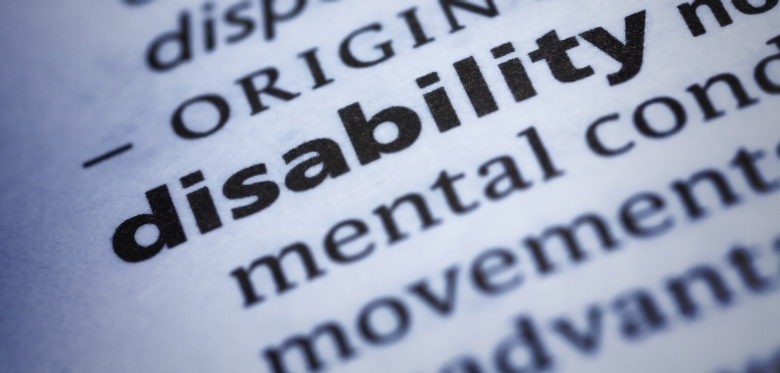Many disabilities are less apparent than others. For example, those with learning difficulties, mental health conditions, hearing and visual impairments and autism, are not necessarily visible to others. Therefore people may not realise that others suffer from a condition or disability unless they are specifically informed of them.
The definition of a disability under the Equality Act 2010 is ‘a physical or mental impairment which has a substantial and long-term adverse effect on your ability to carry out normal day-to-day activities’.
There are also a number of conditions which are automatically considered to meet the definition of disability under the act.
The criteria, clearly provides for the inclusion of hidden disabilities.
It has recently been reported that the train operator, Greater Anglia, have launched a new train traveller scheme where passengers with learning disabilities can be provided with sunflower lanyards and ID cards by their staff, to enable people who may need additional support or time due to their disability to be discreetly identified and provided with the assistance they need for a safe journey.
This is an example of one of a number of retailers and transport providers who have implemented such measures and will hopefully help to make shopping trips and travel easier for those who require assistance, going forward.
To bring a claim for disability discrimination, knowledge of a defendant of the individual’s condition and associated needs is generally required.
There are however instances where the defendant’s knowledge of an individual’s disability is not required, these being in cases of claims of indirect discrimination.
A claim for indirect discrimination can be brought against an employer or service provider if they apply a provision, criterion or practice, which is applied generally but puts an individual with a disability at a disadvantage compared to people who do not suffer from their condition. In these circumstances there are few defences available to a defendant but one of these could be to attempt to prove that the application of the policy, criterion or practice was a proportionate means of achieving a legitimate aim.
What amounts to a policy, criterion or practice is undefined under the Equality Act 2010. However it is widely considered to include both formal and informal measures.
If you feel that you may have been subjected to discrimination it is important to remember that there are strict time limits to bring such a claim in the court or the tribunal.
To bring a claim in the employment tribunal regarding discrimination in the workplace, your claim must be started within three months, less one day, of the discriminatory act complained of.
To bring a claim of discrimination against an organisation or service provider you must do so within six months, less one day of the discriminatory act.
It is therefore extremely important that in these circumstances, you seek specialist legal advice urgently.
If you feel that you may have suffered from disability discrimination and need further advice regarding, please contact our specialist solicitors in the discrimination law department on 0161 696 6170.




Comments